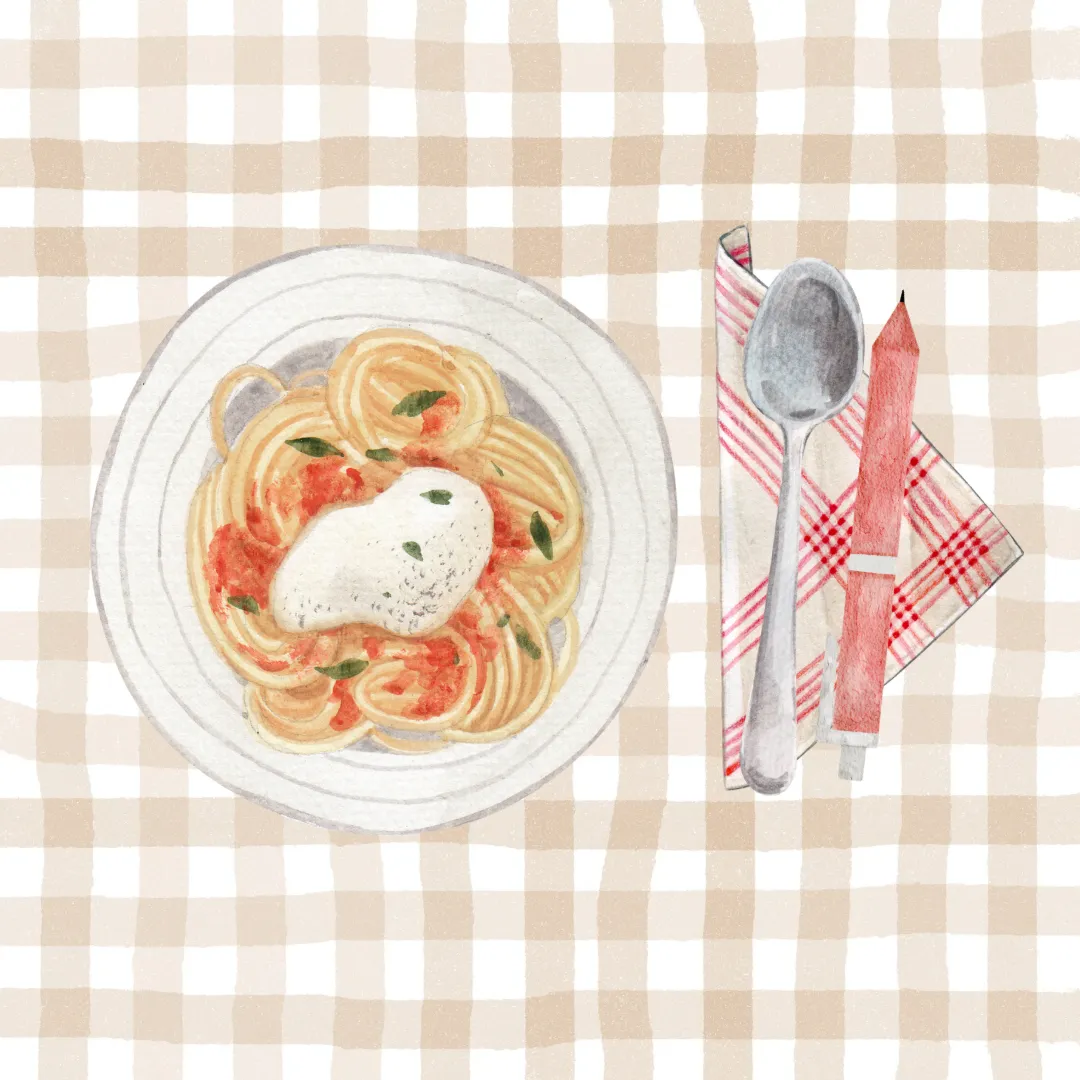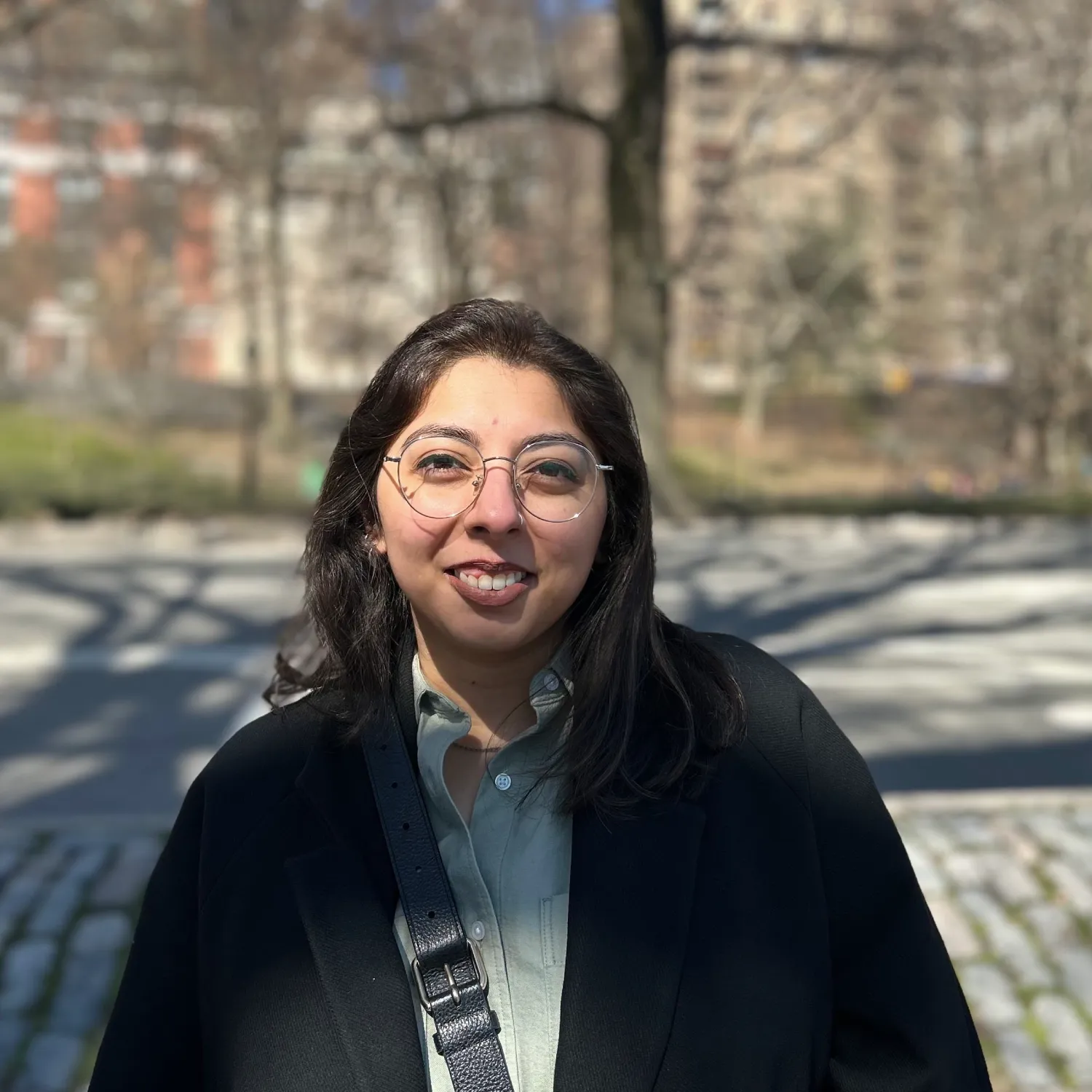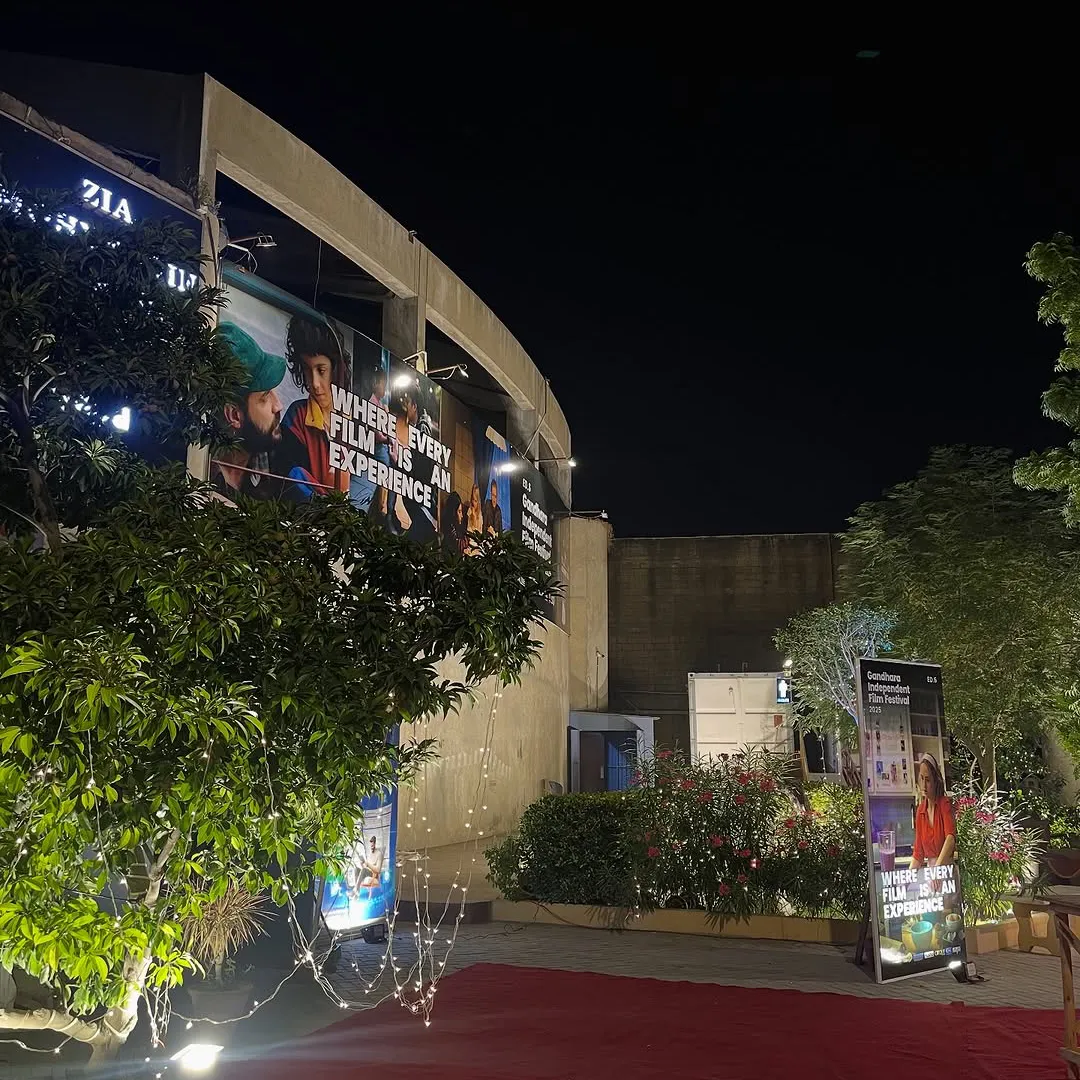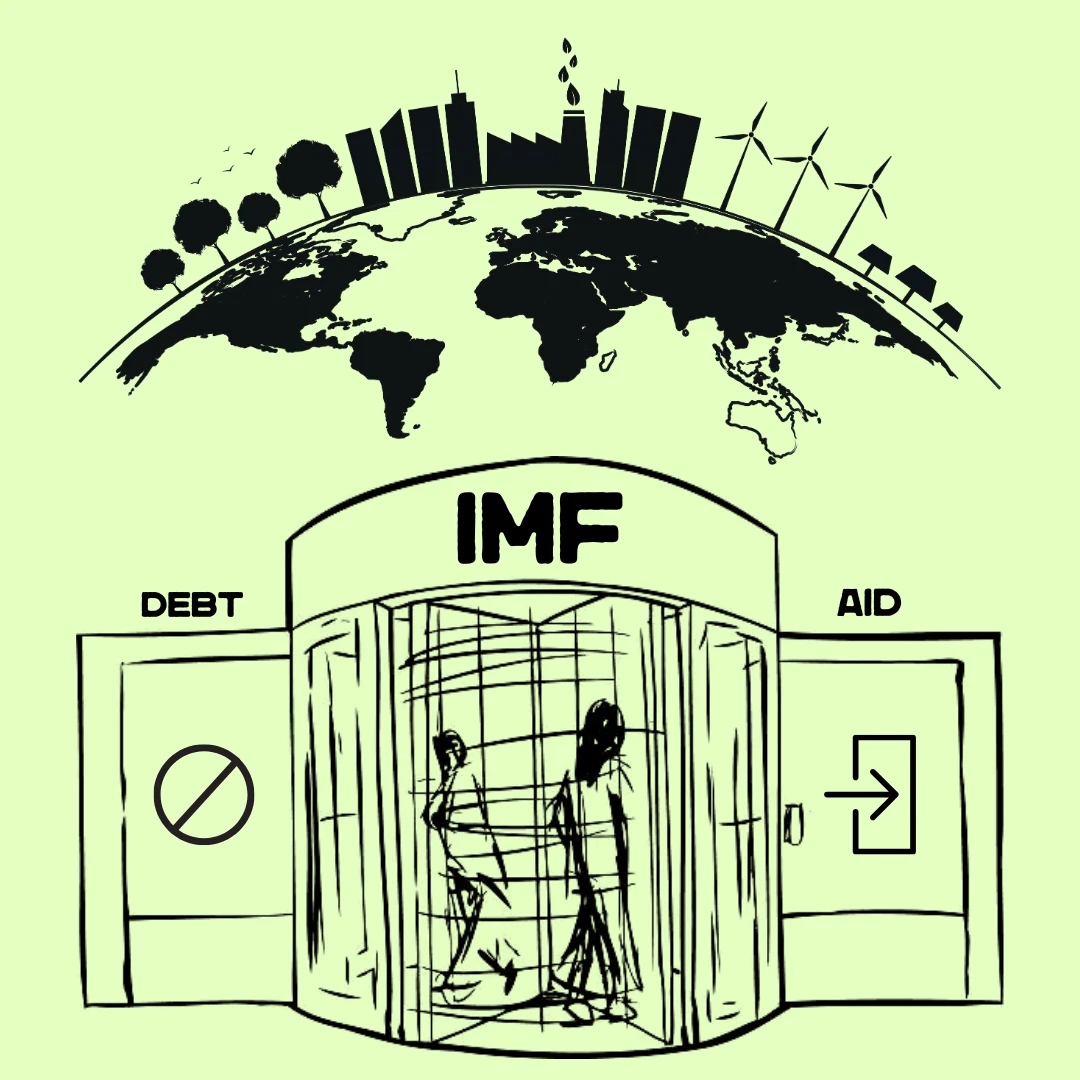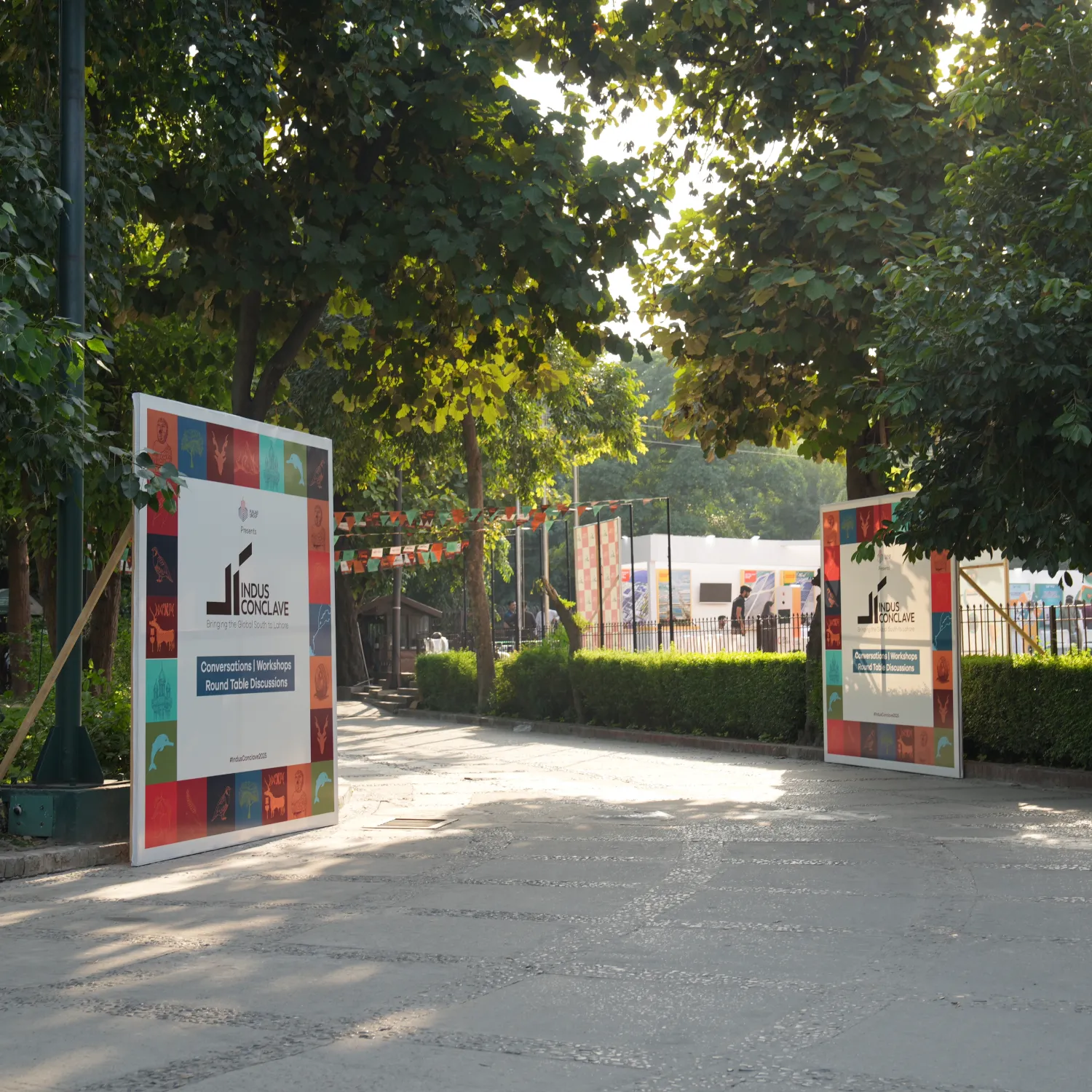This is an essay about bolognese and friendship and writing.
It begins with a recipe.
You will need:
1. A kilo of ground beef
2. About two tablespoons of vegetable oil
3. 2 onions, diced
4. A shredded carrot
5. About a tablespoon of brown sugar
6. 3 cans of peeled tomatoes (you can substitute with about 12 medium tomatoes)
7. A tablespoon of minced garlic (and ginger too, if you’d like). In an ideal world, I would like to microplane my garlic and ginger, but (contrary to popular belief), I am lazy, and will grind a kilo of ginger and garlic once a month and store it in the fridge. I am lazy, but not the kind of lazy that purchases preservative laden garlic and ginger paste from the supermarket. I think that’s egregious, and if you are someone who does this, know that I am going to judge you
8. You’ll also need a tablespoon of dry oregano, crushed red chillies, a handful of basil leaves, a pinch of nutmeg, salt, pepper
9. Optional: Half of a tomato basil stock cube
10. A splash of milk
11. A bowl of freshly grated parm (about 250 grams), placed on the table
Step One:
There is this myth about the lonely writer that has been written about extensively. You know, the lonely writer writing away at their rickety desk by candlelight, with no friends except the worlds they're building. Hemingway said writing is a lonely life. Faulkner said writing is a solitary job, one that no one can help you with. Writer as sufferer, as tortured genius, going through excruciating pain and loneliness in order to birth a story. Writing as hardship, and the writer as rebel, existing on the fringes of society — and also taking great pride in doing so.
This myth of the lonely writer was compounded by the Covid-19 pandemic, when we were stuck inside our homes, with very little company except the folks that we lived with. Some of us joined Zoom knitting groups and crochet groups and social hours. I joined an Urdu reading club that met once every two weeks and consisted of folks scattered across continents and timezones. We read stories about glass-workers living in soot-covered villages and time-traveling scientists and enchanted love meters — worlds in which loneliness was a choice and not a compulsion one had to abide by in order to avoid illness, or even death. We stared at each other’s faces, our screens lighting them aglow. We noticed subtle changes in our appearances and our backgrounds. Our brains felt dense and waterlogged, our stomachs anxious and knotty. And we waited for normalcy.
I had thrown myself into a writing practice and a career that was so rigorous and disciplined and productive that I had forgotten who I was outside of it. When I wasn’t reporting or writing or pitching or looking through databases of editors' contacts and pitch calls and grant applications, I was either asleep, or I was running — both literally, and metaphorically.
Back when I was in graduate school, I encountered a writer who wrote a book about loneliness — it’s one of those critically acclaimed titles nearly everyone has on their bookshelf. Her writing felt grey and overcast and heavy and self-indulgent in ways that made me feel uncomfortable. I glossed over the parts where she wrote about how she felt like she was vanishing. I fixated on parts where she wrote about how existing alone in a vast and vacuous world could lead to great works of art. Great works of art. I held on to her words.
Fast forward to 2020, sitting in my bedroom watching someone on Zoom struggling to read Qurratulain Hyder, I was the loneliest I had ever been. And unlike the writer I encountered in graduate school — who sought refuge in the city and streets I had fled from, in works of art I could not access, and in the bizarre intimacy that is associated with surreptitiously watching people you do not know, in the subway, on the ferry, at the museum and the grocery store and the waiting room at the doctor’s office — my loneliness felt corrosive. So, I did what I knew best: I quit my reading group and threw myself into my work. I covered Pakistan’s vaccine rollout, PPE shortages, military surveillance tech being deployed for contact tracing. In the years that followed, I was the most productive I have ever been. I chose a beat and then chased after it. I reported over sixty stories in six years. I worked through death, grief and heartbreak. I hit every deadline, answered every email, filed story after story. I built a body of work that is expansive and impressive and award-winning. I won grants and fellowships. I was flown to Bangkok and Nepal and New York and Nairobi.
I had thrown myself into a writing practice and a career that was so rigorous and disciplined and productive that I had forgotten who I was outside of it. When I wasn’t reporting or writing or pitching or looking through databases of editors' contacts and pitch calls and grant applications, I was either asleep, or I was running — both literally, and metaphorically.
I began introducing myself to people as Zuha Siddiqui, Journalist — it was on my Twitter (now X) bio, my Instagram bio, my website. And at the same time, I lost sense of who Zuha really was. Who was Zuha? And how did she feel — about family and friendship and love, about the world, and her place in it? Most days, I didn’t really have an answer.
I had taught myself to believe that choosing the life of a writer meant kneeling down at the altar of inevitable loneliness. I cancelled dinner plans and lunch plans. I once pretended I was out of town for an entire weekend so that I could work on a draft and avoid attending a friend’s wedding. I didn’t see the point. I had drunk an entire vat of the lonely-writer kool-aid.
I now think about the life I led for six years, and I feel suffocated.
I know Faulkner and Hemingway are literary greats, and disputing them may even be considered an act of tyranny by many. But I am going to go ahead and stake my first claim: I don’t think writing should ever be a lonely act. I do not believe that good writing can ever be the product of isolation. In fact, I believe that good writing can only emerge from the existence of friendships that help and support and uplift and critique and push back; that we’re not really built to exist (or work) on our own as writers; that it takes a village (of friends who stay up on the phone with you all night, who mentor and help ideate and find you sources and editors and send you reading recommendations) to get a single story out in the world. And that there can never be one without the other.
When I make a case for there not being one without the other, I would also like to clarify that it is within my friendships that I have struggled the most. I have laboured and cried and felt like I am too much and never enough at the same time. My friendships have been tumultuous, and like any well-adjusted thirty-something, I have loved, and I have lost — and more often than not, the losses have been devastating.
I grieved the end of a friendship last year the way I grieved the death of my sister four years ago. I leaned on this friend and trusted her. I welcomed her into my home, I introduced her to my family. I told her what was mine was also hers. I thought she was going to be in my life forever. I remember sending her Grace and Frankie clips — yes, roll your eyes — laughing about how this was going to be us in another fifty years. And in the aftermath of the friendship ending, I felt exposed and vulnerable, like my skin had been ripped away from my flesh.
It made me want to never open up my heart to anyone ever again.
And yet, I did get through it.
It took a deluge of tears and many weeks and months of a crippling sense of self-worth. I still get jump scares when I see her name. And then: I think about the friends who held me and took me out for coffees and told me to read Dolly Alderton.
Today, friendship is and continues to be a place where I seek and find the most fulfillment. It is where my success feels transcendent and gauzy and ephemeral, where I am constantly moved by the love and respect that can grow between people who are not related to each other or in a romantic partnership.
I’m sorry for meandering around. Please bear with me. This is partially an essay about making bolognese, but it is also about friendship.
Or rather; this is an essay about making bolognese and how friendship is indispensable to our work as writers.
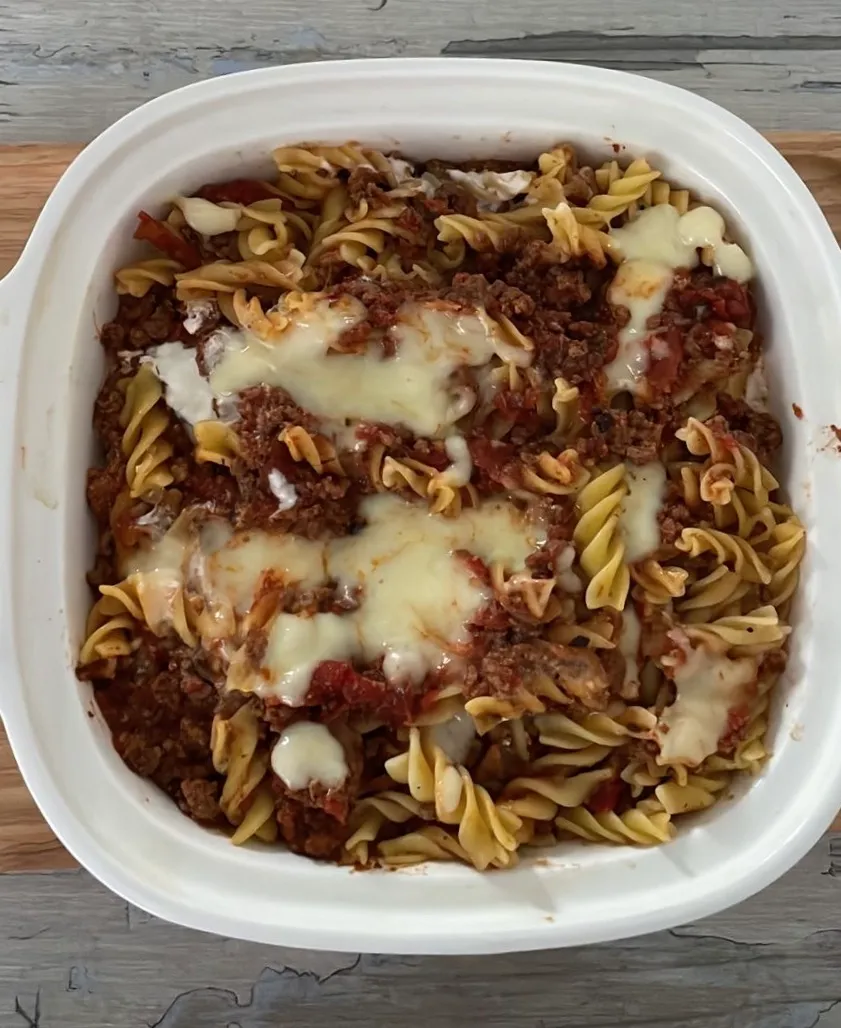
Step Two:
I strongly believe that you should always brown the meat for your bolognese first.
I have a friend who doesn’t agree and does the opposite. She plonks an entire lump of beef chuck into a pot with all her wet ingredients — tomatoes, beautiful caramelised onions, carrots — and claims that the meat ends up more tender without browning first. I love this friend, and I think her bolognese — albeit unconventional — has a really robust depth of flavour. I still think mine is better.
But back to our recipe: You want to brown your meat first. Add the oil and onions to a pot with a large circumference. I like to use my mother’s massive cast iron pateela — which is really the desi version of a Dutch oven — that she got in her jahez thirty-five years ago. Cook and stir your onions till they’re translucent, then add the shredded carrots. And then, the meat. You want to stir quickly and make sure all the meat is generously coated in the mixture of onions, carrots and oil. At this point, I also like to add in the ginger and garlic, brown sugar and the remaining dry ingredients.
Step Three:
Add a splash of milk. Keep stirring and cooking for about three to four minutes — until the milk has bubbled away completely and become one with the meat. At this point, your meat should be the color of shiitake mushrooms. I am trying to think of palatable examples as I write this.
Now, add your tomatoes — canned, not canned, whatever floats your boat — along with a cupful of water, and half of the optional tomato basil stock cube. Then, turn down the heat to the lowest possible setting. I like to slow-cook my bolognese for a minimum of five hours, uncovered. Keep checking every fifteen minutes or so and give it a stir. If meat is beginning to stick to the bottom, add another splash of water, or if you’d like a more robust, earthy flavour, substitute the water with milk.
By the five hour mark, the meat will be melting into the tomatoes; it will taste slightly sweet, a little tangy, hearty and warm and so delicious. This bolognese is a labour of love.
Step Four:
In friendship, you want to find people whom you can be feral with, who take an interest in your quirks and eccentricities, who will scold you when you need to be scolded and will tell you when your writing is self-indulgent and when a draft needs to be axed. Don't take criticism personally — understand that it is an extension of the love they have for you.
Be intentional about the communities you create and participate in. Understand that your work can never emerge in isolation — it emerges from the ecosystem of relationships, conversations, challenges and collaborations that surround you. There can never be one without the other.
Know that friendship can have different flavours. Sometimes, it can be obsessing over a novel that’s about to be released soon. It can also be pulling apart an Instagram post you have really strong opinions about and ending the conversation with an aggressive, “Zuha, can you please write about this.” Sometimes it could mean accidentally drawing up identical syllabi for your very different writing classes, hours talking with you through your pitches, sending each other reels of Zohran Mamdani, sending each other frantic texts about Zohran Mamdani’s birth chart (he’s a Libra with a Leo ascendant and an Aquarius moon which makes SO MUCH sense), showing up when your grandmother passes away and staying till you’ve dealt with the barrage of guests milling about your home and eavesdropping and asking intrusive questions, sending mundane texts interspersed throughout the day that keep you grounded on the anniversary of your sister’s death, holding space for you while you grieve, staying — it is a thousand ways of showing tenderness and love and care.
Also, be intentional about the communities you create and participate in. Understand that your work can never emerge in isolation — it emerges from the ecosystem of relationships, conversations, challenges and collaborations that surround you. There can never be one without the other.
I recently turned thirty-one. I recognise that I have now approached an age where being single — which I am, and I am very happy to be — is often a question mark, particularly in a world where a partner and marriage and family are key currencies to living an appropriate and socially agreed upon life. A life that I am actively living in opposition to everyday.
I often think about why friendship takes a back seat in our lives, so easily. I think about all the friends I have lost over the years, to marriage, to parenthood, to borders and distance that is an inevitable byproduct of growing up and moving away. I think about the cast of characters I have called ‘best friends’ at various points in my life — high school, college, graduate school, at my first job — and how my only connection to them now is the occasional birthday text, a half-hearted ‘I miss you’, followed by a ‘We should catch up soon’. I think about how, for the longest time, I felt stuck and incomplete because I didn’t have a cookie-cutter-life with a cookie-cutter-husband who went to Taylor Swift concerts with me and wore fuck-the-patriarchy t-shirts (no shade on you if you have a cookie-cutter-Swiftie husband).
As I have grown older, I have come to realise that societal conditioning meant that I wasn’t really allowing friendships the room that they required in my life. We’re taught to organise our entire lives around finding and maintaining love and stability — and friendships teeter along aimlessly, almost like an afterthought. And so, I was very quick to box friendship into specific segments of my world that didn’t directly interfere with my day-to-day activities — neat compartments — work friends in one, friends from college in the other, childhood friends in the third. They never spilled over and I never considered the possibility of more. I never considered that friendships could be my whole life. Now, at thirty-one, I am rewiring my brain. I am teaching myself to be comfortable with being a first draft in my friendships. I am messy and disorganised; there are parts that are incomplete, the transitions are clunky, it requires work. I am teaching myself to place friendship at the centre of my life, to prioritise it, to build my life around it.
I make this bolognese only once a year, for my loved ones. I pack it up in to-go containers and drive around the city, dropping it off at their homes.
You can toss it with some farfalle or tagliatelle, or — if you’re feeling adventurous — some bucatini. You want a shape that can really hold the bolognese and its meaty goodness. Top it off with some freshly grated parm. I promise you, it is always, always perfect.

